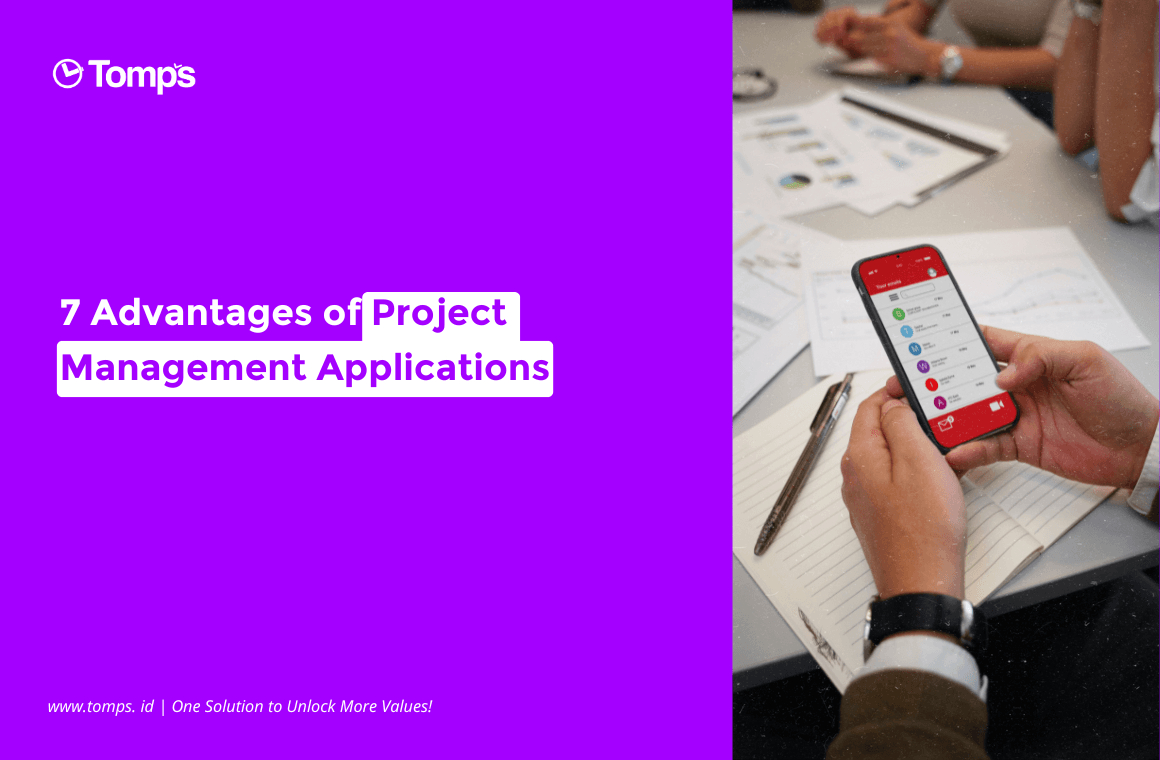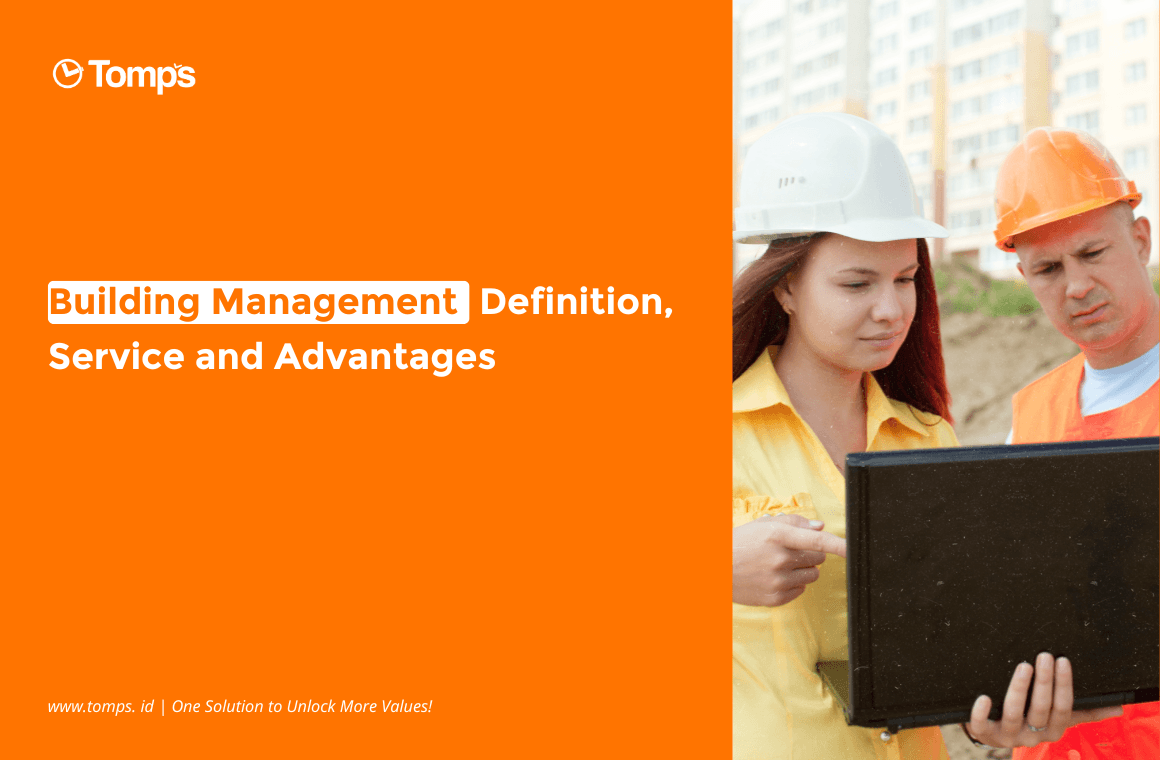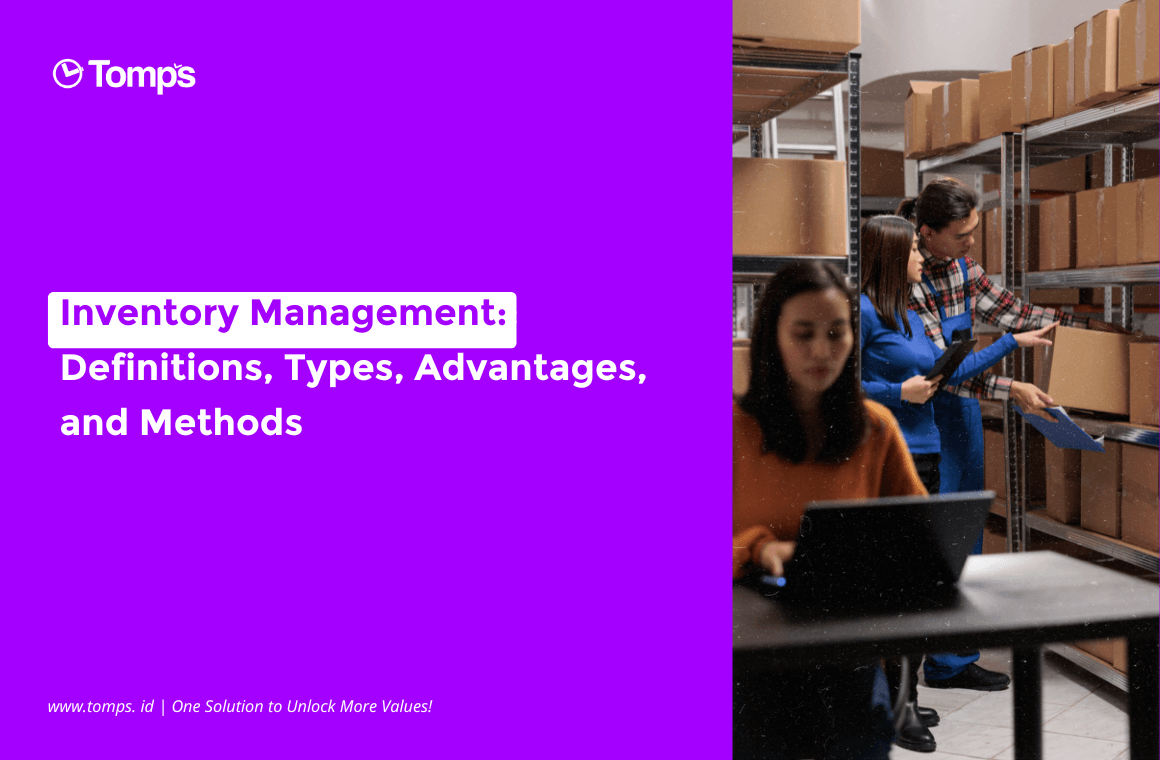Project stakeholders certainly exist in every project. It's not just the team directly involved in development that needs to be managed, but stakeholders also need project management. Before knowing how to manage it, first consider what project stakeholder management is below.

What is Project Stakeholder Management?
Project stakeholders are stakeholders in a project. So project stakeholder management is the process of organizing communication with stakeholders and managing their expectations. Project managers coordinate many aspects of a project, including its management. Stakeholders usually have a certain interest or influence on a project. What is meant by stakeholders includes:
- Team members: direct stakeholders, as the success of a project can affect performance in the workplace.
- Executives: executives of a company can also be stakeholders in a project, as projects can affect the reputation and success of the company.
- Customers: customers are a stakeholder group because they are often financially invested in the project and have a stake in the project meeting their expectations.
Why is Project Stakeholder Management Important?
Project stakeholder management is important because it can assist project managers in ensuring their projects are able to meet stakeholder expectations. When a project achieves this goal, it means the project has been successful. Stakeholders also usually have an influence on the progress of a project, so it is important to communicate the results of their work regularly. Stakeholder satisfaction can also influence future business opportunities and reputation.
What is Stakeholder Analysis?
Stakeholder analysis is a tool for classifying and creating stakeholder profiles. When this analysis is carried out, it can be determined:
- Stakeholder priority level
- Stakeholder needs, including specific information
- How the project manager plans to meet stakeholder needs
- What communication channels do you want to use?
- How to involve stakeholders in the project.
- Project managers can add elements of stakeholder analysis to the entire project to improve communication.
How to Conduct Stakeholder Analysis
So that stakeholder analysis can run well, pay attention to the project management methodology accompanied by an explanation below:
- Identify Stakeholders The first step to conducting a stakeholder analysis is to identify them. The project manager can make a list of all the individuals affected by the project. These stakeholders can be customers, colleagues, investors, business partners and other individuals, both internal and external.
- Make a List of Stakeholders Based on Priority Order Once you have a list of stakeholders, the project manager can organize them based on priority levels. Typically, stakeholders with top priority are those who have a special interest in the project or have a higher level of influence than others. Project managers can organize a list of stakeholders using techniques such as grids or graphs that create categories based on their level of importance and influence. Using this method, project managers can classify each stakeholder into: High Power, High Interest Stakeholders usually have the highest level of priority, because they have a special interest in the project and strong influence. An example of stakeholders with the highest power and interests are investors. High Power, Low Interest Stakeholders who have high power and low interest have a large influence on the project, but their interest is small. Stakeholders may include government agencies, which may exercise power in the form of regulations but have little interest in the actual project. Low Power, High Interest These stakeholders are very interested in the project but have little influence. An example of a stakeholder in this category is a community coalition that supports project goals, but has little influence on the project. Low Power, Low Interest Stakeholders with low power and low interest usually include community members who have no interest or influence in the project.
- Get Insight about Stakeholders Another important step in the stakeholder analysis process is gaining insight. Project managers can do this by conducting in-depth research on stakeholders. Surveys are a popular method for gathering insights. Surveys can be done online, telephone, asking directly, etc. In the survey you can ask questions such as:
- What communication tools will be used?
- What do you think about the project?
- What is your interest in the project like?
- What can we do to support the project?
The answers to the four questions above can help understand stakeholders more deeply and help plan how to communicate with each other during the project.
Tips for Effective Project Stakeholder Management
 Below are some additional tips for effective project stakeholder management:
Below are some additional tips for effective project stakeholder management:
- Improve Project Management Capabilities Managing stakeholder management is the right time to improve project management skills. Skills that project managers need to improve include: ** Leadership** The project manager's job is to lead the project, so it requires strong leadership skills. These skills can include self-confidence, delegation, and the ability to motivate team members. Communication Communication is also important to project management, as managers often write reports and give oral presentations. They also meet with stakeholders so interpersonal communication skills are important. Organization Organizational skills can help project managers create plans and run projects smoothly. Project managers can use these capabilities to stay on schedule and monitor each stakeholder. Technology Project managers can use technical skills to work with project management software, which can increase the efficiency of a project. ** Solve the problem** Problem-solving skills can help project managers deal with problems that arise while running a project. Professionals often develop their own problem-solving processes. ** Adaptability** It is important for project managers to be adaptable so they can respond to unpredictable project changes, such as new expectations from stakeholders.
- Communicate Effectively Communication is a core component of project management, especially when working with stakeholders. It is important to build a centralized communication channel to regularly update progress reports to stakeholders. Regular communication can help develop stronger relationships with stakeholders.
- Take advantage of software solutions The final tip for project stakeholder management is to utilize a project management software program. This digital tool can help organize projects and track different stakeholders. Project managers can also use this special software to send reports automatically to stakeholders, so they can stay updated with project developments.
So that stakeholder management can run well, Tomps by Telkom Indonesia is available for large and small scale projects. Using smart features and a simple interface, projects are more transparent and easier to manage with Tomps!







